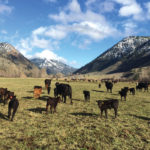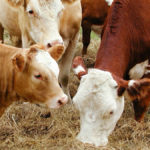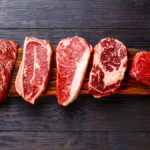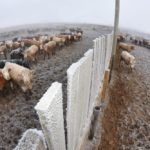Sustainable management projects introduced on the Clifton Ranch aren’t quick fixes. These efforts take time and are meant to create lasting benefits. Given the importance the Clifton family places on caring for the grasslands and running an efficient, profitable beef operation, it’s time well spent. After being chosen by the British Columbia Cattlemen’s Association (BCCA) […] Read more


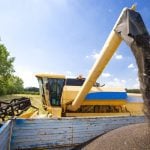
 Livestock
Livestock